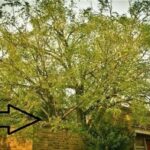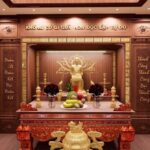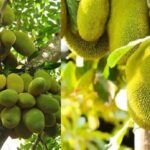Creating a beautiful and vibrant garden can be a rewarding pursuit, but it’s important to be mindful of certain cultural beliefs surrounding plants that are considered unlucky. In many cultures, there is a concept of “yin” and “yang,” representing opposing yet complementary forces. Some plants are believed to carry more yin energy, or “tree yin,” which is associated with darkness, sadness, and separation. Here are some trees commonly believed to fall into this category:
1. Willow Tree
Willow trees are often associated with sadness and farewells, featuring prominently in ancient literature. The delicate, swaying branches of the willow can evoke a sense of melancholy and loneliness. Additionally, the fact that willow trees do not produce seeds may symbolize a lack of offspring. Linguistically, the word for willow in Chinese (“liǔ”) sounds similar to the word for separation (“lí”), further reinforcing its association with yin energy.
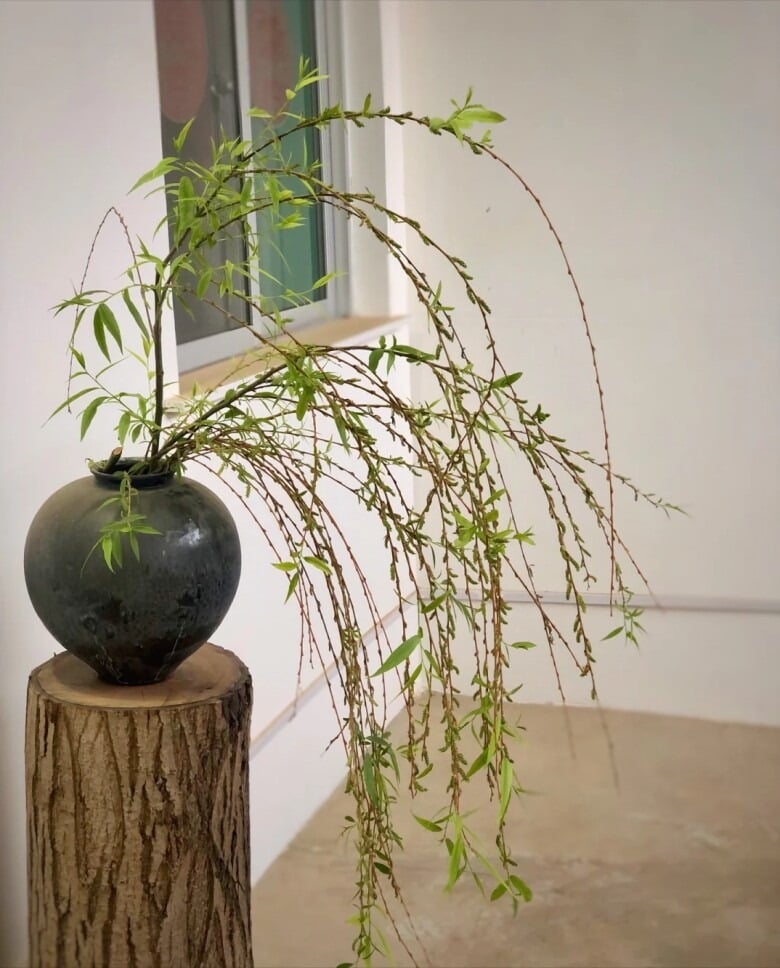
The Willow Tree: A Symbol of Yin Energy
From a practical perspective, willow trees have an extensive root system that can invade underground water pipes and even compromise the foundation of a house, posing safety risks. In terms of feng shui, this characteristic is believed to “draw away” wealth and blessings, making it inadvisable to plant willows near homes, especially in yards or gardens.
2. Pagoda Tree
The Pagoda tree, also known as the Chinese Scholar tree, holds a significant place in ancient history. It was often planted in groups of three outside imperial courts, symbolizing the three highest-ranking officials: the Grand Preceptor, Grand Secretary, and Grand Guardian.
However, in folk belief, the Pagoda tree is considered a “yin” tree due to its large canopy and dense shade, which can block out sunlight. This excess of yin energy is thought to invite misfortune. Additionally, the Chinese character for the Pagoda tree contains the radical for “demon” or “ghost” (“guǐ”), leading to superstitions about its ability to attract spirits.
The dense shade of the Pagoda tree, coupled with its linguistic association with the supernatural, has led to its reputation as an ill-omened plant, best avoided in residential yards to prevent inviting bad luck and causing fear among household members.
3. Chinese Juniper
The Chinese Juniper, with its tall and majestic stature, is often admired for symbolizing longevity, perseverance, and prosperity. However, its frequent presence in cemeteries has strongly associated it with “yin” energy and the realm of the dead. Over time, the Chinese Juniper has become synonymous with mourning and gravesites, making it an undesirable choice for many homeowners, despite its drought tolerance and pest resistance.
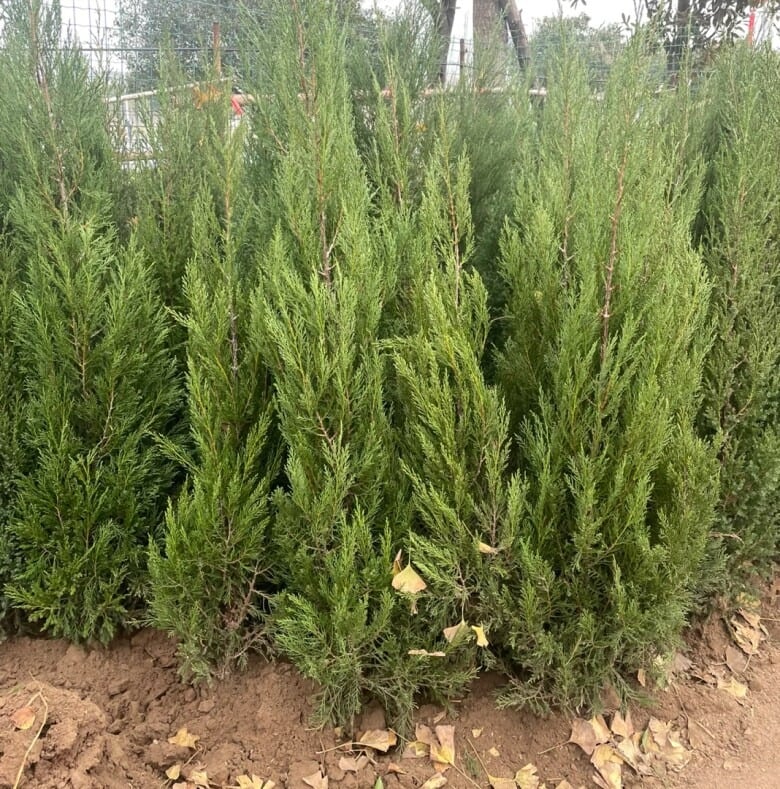
The Chinese Juniper: A Symbol of Longevity and Yin Energy
4. Mulberry Tree
Mulberry trees, though providing food for silkworms, are not favored in feng shui. This is mainly due to the similarity in pronunciation between the words “mulberry” and “funeral” in some languages, suggesting that the tree invites misfortune and grief. The dense branches and leaves of the mulberry tree also contribute to its association with yin energy, and many believe that planting it near the entrance of a home or directly opposite the house will bring bad luck.
“The Mystery of the Jackfruit Tree: Why Ancestors Loved and Loathed it”
Mango wood is a precious natural resource, often revered for its beauty and unique characteristics. However, there is a traditional belief that planting mango trees in front of houses is inauspicious. Superstitions aside, this wood has a rich history and is highly sought-after for its durability and aesthetic appeal.
























